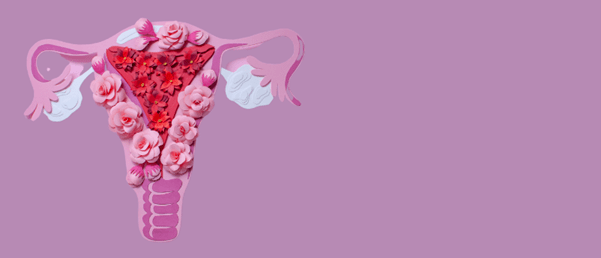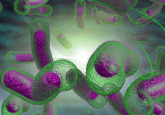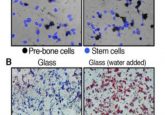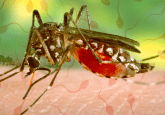Reinforcing cervical mucus: an alternative contraception method

Researchers have developed a topical, non-hormonal gel that can reinforce cervical mucus, acting as a barrier against sperm.
A new study conducted at the KTH Royal Institute of Technology (Stockholm, Sweden) has demonstrated the contraceptive capabilities of a non-hormonal prophylactic gel. This gel shows promise as an alternative to current contraceptives, such as spermicides and the pill, minus the unwanted side effects. The gel could therefore be an important step toward reducing unplanned pregnancies.
It is well-known that mucus is a key player in the body’s first line of defense, explaining the presence of mucus in the cervix where it creates a barrier between the bacteria-rich vagina and the upper-reproductive tract. Some pills already accomplish this thickening of the cervical mucus; however, contain hormones, which some people would prefer to avoid. A gel that can reinforce this natural defense mechanism at the site rather than act on secondary players, such as sperm or hormones, is therefore an attractive option for many.
The researchers created the gel using chitosan, a fibrous substance often used in hydrogels and sutures. When applied topically, chitosan passively diffuses into cervical mucus. This then crosslinks molecules of cervical mucin – the protein responsible for mucus’ lubricating ability and regulates the movement of sperm – to temporarily thicken the mucus to make it harder for sperm to penetrate it.
 How did mucus evolve to be so slimy?
How did mucus evolve to be so slimy?
A study of mucins, a protein in mucus that gives mucus its characteristic slimy properties, gives insight into how novel gene function evolves.
They tested it on ovulating sheep, treating them with the gel before artificially inseminating them. They demonstrated a 98% average decrease in uterine sperm in comparison to untreated sheep, indicating that the gel had potential as a contraceptive method.
The gel was also tested in the lab by treating a sample of cervical mucus with the gel and then introducing sperm to the culture. The mucus barrier was quickly reinforced; sperm penetration was reduced after 1 minute of exposure to the gel and blocked completely after 5 minutes.
“Vaginal gels like this can be applied in seconds,” senior author Thomas Crouzier commented. “We imagine that a product like this should be usable from seconds to a few hours before sexual intercourse. The effect could last for hours, but diminish over time as the mucus barrier is replaced naturally.”
Further studies are needed to confirm the effects of the gel, but the initial results show promise for the new type of contraceptive, potentially offering a non-invasive, easy-to-use, non-hormonal and natural defense against pregnancy.





